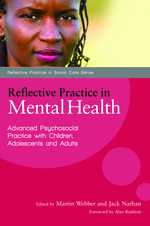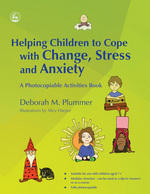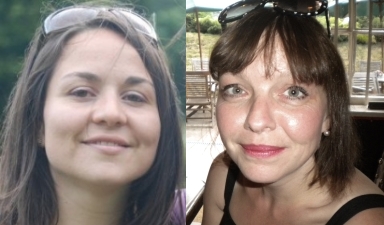Working with Reluctant Clients in Health and Social Care – an Interview with JKP author Maggie Kindred
“One of the most important messages I would want to give to a newcomer is that your reluctant client will probably never [become a ‘willing’ client]. Why should s/he? Compliance with you and your rules is a massive victory. If you can rejoice with your clients when they are finally getting rid of you, this is very liberating. Social work and care does not change people’s personality fundamentally, it helps them function.”









